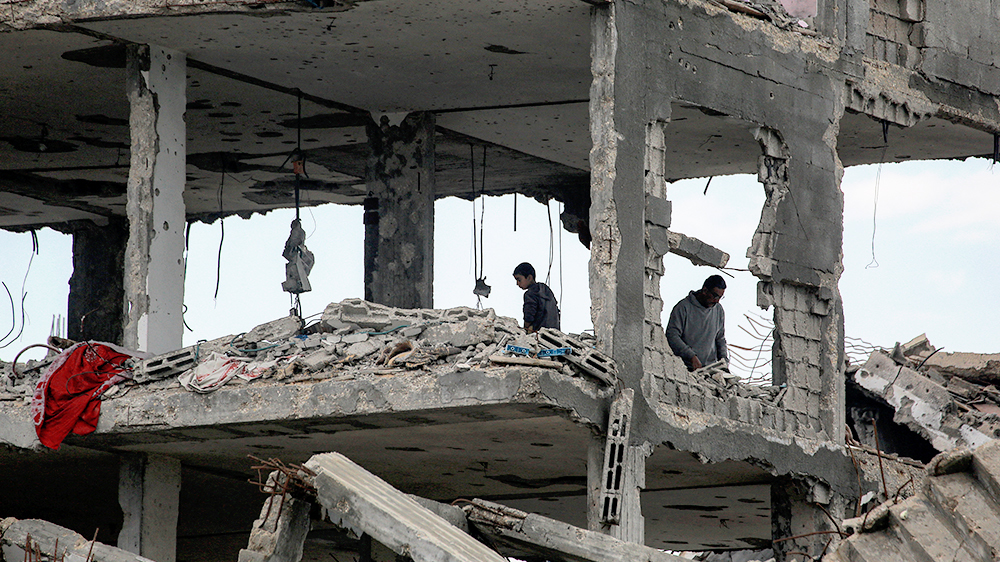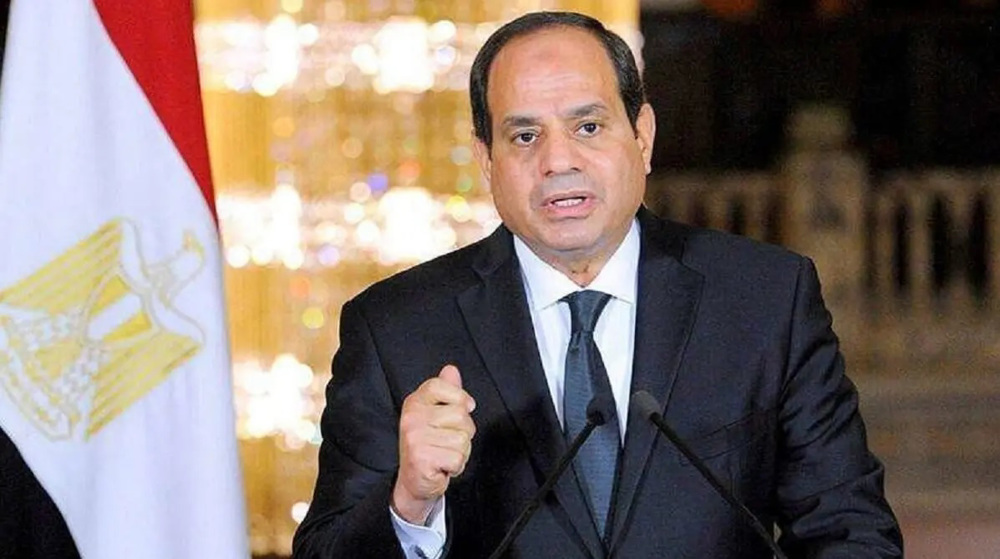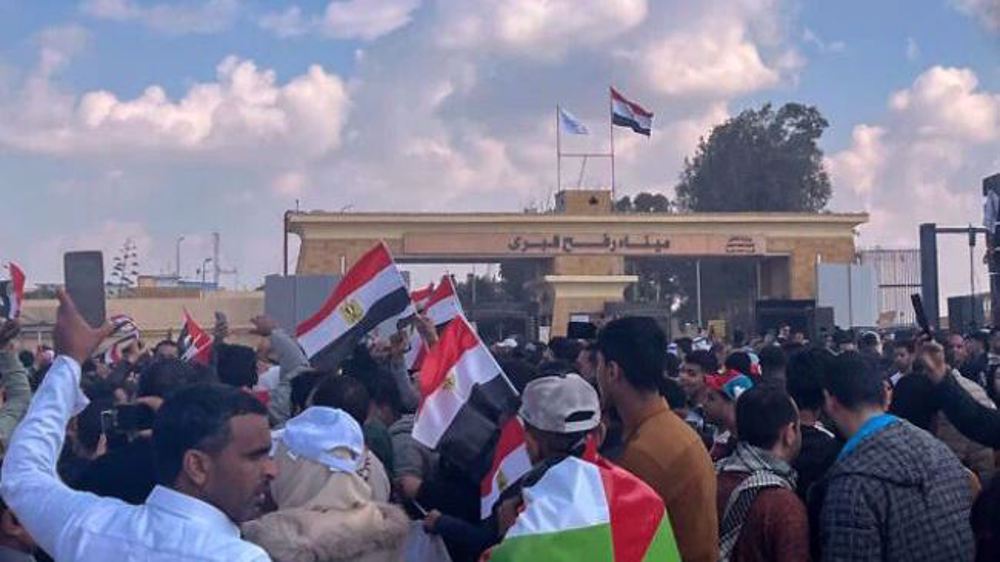Egyptian court upholds 6 death sentences over 2013 police station storming case
An Egyptian court has upheld the death penalty for six people over alleged crimes relating to the storming of a police station in 2013.
Egypt's Court of Cassation, the country’s highest criminal and civil court, confirmed the death sentences Saturday against the defendants convicted of storming Matay police station in Minya in central Egypt and killing a security official in August 2013.
The defendants were initially charged with murder, attempted murder, rioting, illegal assembly, disturbing the public peace, and damaging public and private property.
The court also upheld life sentences against 59 defendants and acquitted 47 others in the same case.
It also commuted the death sentences handed down against six other defendants to life in prison.
Saturday’s verdicts are final and cannot be appealed.
In August 2017, Minya Criminal Court upheld a dozen death sentences and 157 life terms for the members of the outlawed Muslim Brotherhood over alleged crimes relating to Matay case.
The Minya incident followed the forced dispersal of mass sit-ins at Nahda Square and Rabaa al-Adawiya Square in Cairo on August 13, 2013.
Demonstrators at the time had gathered to express their strong opposition to the ouster of Egypt’s first democratically-elected President Mohamed Morsi in a military coup led by then army chief and current President Abdel Fattah el-Sisi a month earlier.
The controversial ouster sparked many protests by supporters of Morsi and led to the killing of several hundred demonstrators by security forces.
Rights groups in Egypt and across the world have recorded cases of irregularities in the trials of political prisoners in the country. They say the army’s clampdown on the supporters of Morsi has led to the deaths of some 1,500 people and the arrest of 22,000 others, including some 200 people who have been sentenced to death in mass trials.
Sisi’s government has outlawed the Brotherhood organization, which is Egypt’s oldest opposition movement. The group operated under strict measures during the rule of longtime dictator Hosni Mubarak, who was himself removed from power in a public uprising in 2011.
Morsi, the leader of the Brotherhood, had been sentenced to death on charges of corruption, escaping from prison and inciting violence before the Court of Cassation overturned that ruling in November last year and ordered a retrial.

Egypt’s Sisi: Gaza must be rebuilt without ‘displacing Palestinians’

Tension erupts between Egypt, US after Trump’s threat; Sisi ‘may postpone’ Washington visit

Egyptians protest against Trump’s scheme to relocate Gazans
Israeli officer ‘commits suicide’ amid psychological struggles from Tel Aviv’s genocide in Gaza
VIDEO | EU-US widening rifts
Iran taps wealth fund to spend $1bn on subsidized food for households
Over 60 British MPs urge ban on imports from Israeli settlements
Netanyahu says ‘committed’ to Trump’s vicious Gaza scheme
Palestinians subjected to ‘severe torture’ in Israeli prisones: Euro-Med
Iran’s jobless rate down 0.4% y/y in Dec quarter to 7.2%: SCI
Hamas confirms senior military commander assassinated in Lebanon







 This makes it easy to access the Press TV website
This makes it easy to access the Press TV website